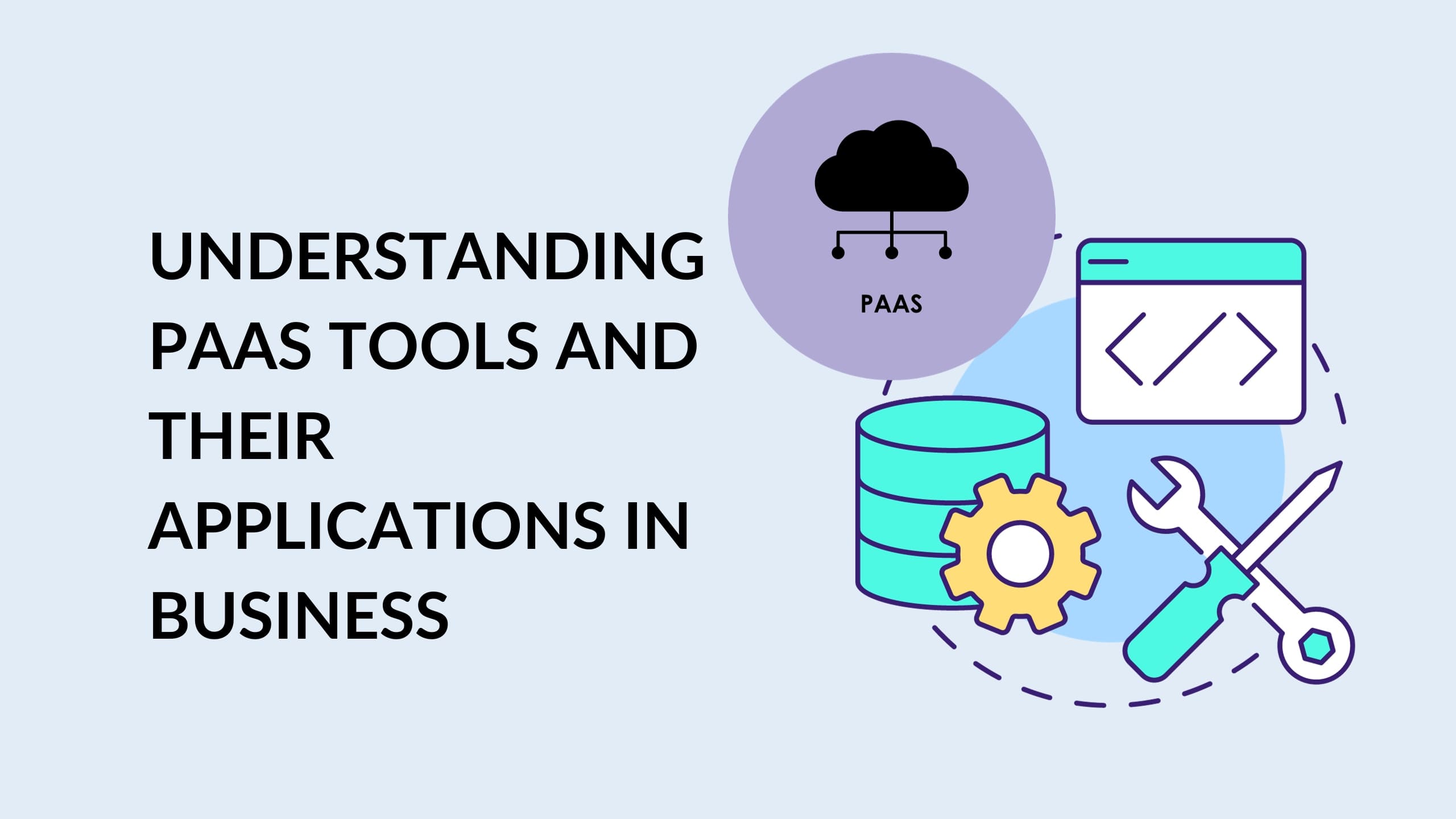Understanding PaaS Tools and Their Applications in Business


Understanding PaaS Tools and Their Applications in Business
Platform as a Service (PaaS) tools have revolutionized the way businesses operate, providing a robust foundation for developers to build, deploy, and scale applications effortlessly. In this comprehensive guide, we’ll explore the essence of PaaS tools, their applications in various business scenarios, and showcase a curated list of relevant SaaS products in the PaaS landscape.
What is PaaS?
PaaS, or Platform as a Service, is a cloud computing service model that provides a platform allowing customers to develop, run, and manage applications without dealing with the complexities of building and maintaining the underlying infrastructure.
Key Features of PaaS Tools:
- Application Development: PaaS tools offer a comprehensive environment for developing applications with integrated development tools and frameworks.
- Deployment: Easily deploy applications to the cloud without the need to manage hardware or servers.
- Scaling: PaaS enables automatic scaling of applications to handle varying workloads.
- Database Integration: Seamless integration with databases and other services simplifies data management.
- Collaboration: Facilitates collaboration among development teams through shared development environments.
Applications of PaaS Tools in Business:
1. Web Application Development:
- SaaS Product: Heroku
- Heroku is a cloud platform that enables developers to build, deliver, monitor, and scale applications quickly.
2. Data Analysis and Processing:
- SaaS Product: Google Cloud Dataflow
- Google Cloud Dataflow is a fully managed service for stream and batch processing, supporting data analysis and transformation.
3. IoT (Internet of Things) Solutions:
- SaaS Product: Microsoft Azure IoT Hub
- Azure IoT Hub is a fully managed service that enables secure and scalable connectivity between IoT devices and the cloud.
4. Mobile App Development:
- SaaS Product: AWS Mobile Hub
- AWS Mobile Hub simplifies mobile app development by providing a variety of tools for building, testing, and monitoring applications.
5. DevOps and Continuous Integration/Continuous Deployment (CI/CD):
- SaaS Product: Jenkins (on Azure)
- Jenkins, when integrated with PaaS platforms like Azure, supports automation in building, testing, and deploying applications.
6. Content Management Systems:
- SaaS Product: Contentful
- Contentful is a headless content management system (CMS) that facilitates content creation and delivery across various digital platforms.
7. Blockchain Development:
- SaaS Product: IBM Blockchain Platform
- IBM Blockchain Platform provides a PaaS environment for building, governing, and operating a blockchain network.
8. Machine Learning and AI Solutions:
- SaaS Product: Microsoft Azure Machine Learning
- Azure Machine Learning offers PaaS capabilities for building, training, and deploying machine learning models.
Conclusion:
Understanding PaaS tools is pivotal for businesses aiming to enhance their development and deployment capabilities. The versatility of PaaS extends across various domains, from web application development to IoT solutions and beyond. As technology evolves, businesses leveraging PaaS tools gain a competitive edge by accelerating their time-to-market and ensuring scalability.
Explore the mentioned PaaS tools, evaluate their features, and choose the ones that align with your business objectives. Incorporating PaaS into your tech stack empowers your development teams, fostering innovation and efficiency.








